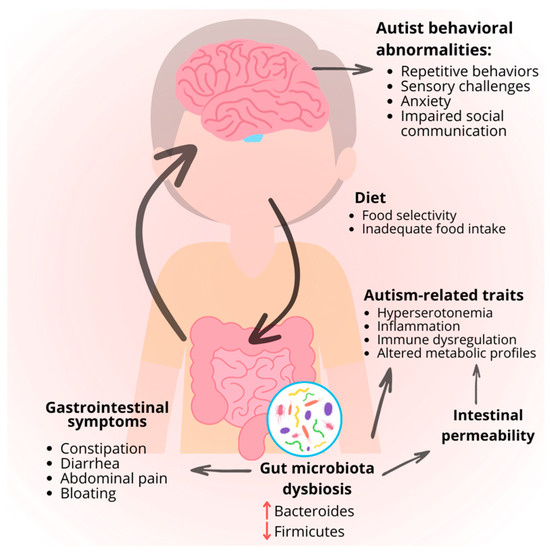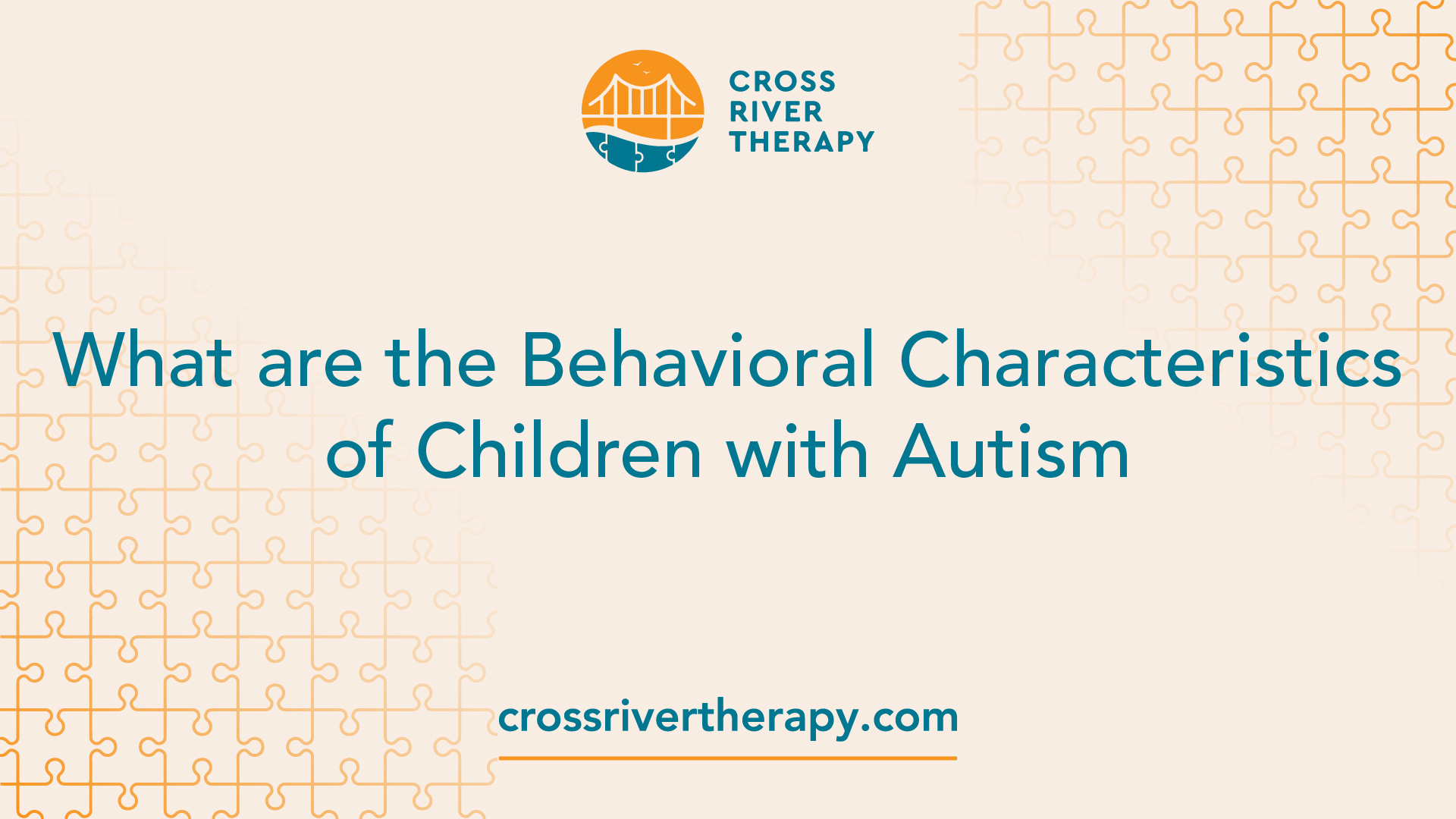When working with an Aba Therapist Near Me, families see measurable progress in social and communication growth
When working with an Aba Therapist Near Me, families see measurable progress in social and communication growth
Blog Article
Secret Indications and Signs to Identify in People With Behavior Autism
When you encounter a person with behavior autism, recognizing vital indicators and signs is important. Additionally, sensory level of sensitivities can lead to overwhelming experiences.
Challenges in Social Communications
When you communicate with someone on the autism range, you may discover they battle with social signs and communication. These challenges can make social communications really feel frustrating for them. You may see them staying clear of eye get in touch with or standing too close or also away during discussions, which can create misconceptions. They may not pick up on body movement or faces, making it harder for them to evaluate how others are feeling.
When they do involve, they could chat about their interests in excellent information without seeing if you're interested. Understanding these challenges can help you approach interactions with empathy and persistence, promoting a much more comfy setting for both of you.
Difficulty With Verbal and Non-Verbal Communication

Non-verbal interaction can be even more tough. You may see an absence of eye get in touch with or limited usage of gestures, which can make interactions really feel awkward. Face expressions might not always align with the conversation, resulting in confusion concerning their sensations. Acknowledging these indications is necessary, as it helps you better support and involve with people on the autism spectrum. By comprehending their interaction difficulties, you can foster more meaningful connections and give a much more helpful atmosphere.
Repeated Actions and Regimens
Communication challenges commonly come with other signs of autism, such as repeated actions and a solid preference for regimens. You could discover that people with autism frequently take part in specific, repetitive actions, like hand-flapping, shaking, or repeating phrases. These actions can supply comfort and a feeling of control in a frequently frustrating globe.
When they comply with a structured timetable,Routines are similarly vital; numerous people grow. You might discover that changes to these regimens can lead to significant distress. As an example, if they have a daily ritual of consuming morning meal at a specific time or following a particular course to college, any type of disruption can cause anxiousness.
Recognizing these patterns assists you comprehend their habits and supply assistance. By accommodating their demand for routine and permitting recurring activities, you can produce an extra comfortable setting that alleviates their difficulties.
Sensory Sensitivities

Typical Sensory Triggers
Sensory sensitivities can considerably affect every day life for individuals with autism, as certain stimulations typically trigger overwhelming responses. Usual sensory triggers include loud sounds, intense lights, and strong smells. You could notice that abrupt noises, like alarm systems or alarms, cause stress and anxiety or distress. In a similar way, fluorescent lighting in stores can really feel harsh and unpleasant. Appearances can also play a significant function; rough textiles or particular food appearances may be intolerable for you. Furthermore, crowded locations can bewilder your detects, making it tough to concentrate or relax. Understanding these triggers can assist you handle your environment better. By knowing what influences you, you can take steps to lessen pain and improve your everyday experiences.
Behavioral Responses Discussed
Understanding your behavioral feedbacks to sensory sensitivities is important, as they usually expose how you interact with the globe. You may also locate on your own looking for details sensory experiences, like deep pressure or silent atmospheres, to help ground on your own. Recognizing these patterns aids you recognize your requirements much better and can direct just how you interact them to others.
Coping Approaches Introduction
Recognizing your sensory level of sensitivities is simply the primary step; now it's time to explore coping strategies that can help you take care of those experiences successfully. Begin by creating a sensory toolkit customized to your needs. This might consist of noise-canceling earphones, fidget playthings, or relaxing aromas. Establishing a structured routine can likewise supply predictability, reducing anxiety around sensory overload. Take breaks in a silent room to collect yourself when you really feel overloaded. Exercising mindfulness techniques like deep breathing can assist ground you in the minute. In addition, connect your requirements with those around you; having supportive family and friends can make a big difference. Keep in mind, finding what works best for you may require time, so be open and patient to trying new techniques.
Restricted Rate Of Interests and Emphasis
While lots of individuals develop a vast array of passions, those with autism often show restricted interests and an extreme concentrate on details topics. You could notice that somebody with autism can spend hours delving right into their favorite topic, whether it's a specific kind of train, a specific flick, or a scientific principle. This intense focus isn't simply a leisure activity; it can come to be a main part of their identification and social interactions.
You may find that discussions revolve around these interests, and they may battle to involve in broader topics. By understanding and acknowledging these restricted passions, you can promote an encouraging atmosphere where they really feel valued and recognized, enabling for even more meaningful links and communications.
Emotional Policy Troubles
People with autism typically encounter difficulties in psychological regulation, which can be influenced by their extreme concentrate on details passions. You may observe that when an individual is deeply participated in a recommended task, they can experience solid emotions, whether excitement or aggravation. When things don't go as intended., this intensity in some cases makes it hard for them to change gears or manage their sensations - Autism Therapist.

Variability in Developmental Landmarks
When it concerns developing landmarks, you'll go to the website notice that individuals with autism often show a wide variety of irregularity. Some may strike turning points on time, while others may drag or progression at a various rate. For instance, you might see a kid master language abilities yet battle with social interactions. This incongruity can be complex, see it here as traditional benchmarks don't always apply.
It's important to acknowledge that each individual's trip is special. Observing these patterns can assist you comprehend their staminas and needs better.
Frequently Asked Concerns
Exactly How Is Autism Diagnosed in Children and Grownups?
To identify autism in kids and grownups, experts review behavior, interaction abilities, and social interactions. They typically make use of standardized examinations, interviews, and monitorings to establish if a private meets the requirements for autism range disorder.
Are There Various Sorts Of Autism Range Disorders?
Yes, there are different kinds of autism spectrum problems, including Asperger's disorder and pervasive developing disorder-not otherwise defined. Each type differs in intensity and qualities, so understanding these differences can help you far better assistance individuals with autism.
What Treatments Work for People With Autism?
When thinking about effective treatments for people with autism, you'll find choices like Applied Behavior Evaluation, speech treatment, and work treatment. Each approach can assist improve communication, social abilities, and daily working customized to individual requirements.
Can People With Autism Lead Independent Lives?
Yes, individuals with autism can lead independent lives. With the appropriate support, skills training, and sources, you can aid them develop self-sufficiency, handle day-to-day tasks, and prosper in numerous environments, cultivating their self-reliance.
How Can Households Assistance Loved Ones With Autism?
You can support your loved ones with autism by producing an organized environment, urging their passions, practicing patience, promoting interaction, and advertising social abilities. Commemorate their success, no matter how small, and build a supportive neighborhood.
Although numerous individuals on the autism spectrum can comprehend go now and utilize language, they usually encounter considerable obstacles with both non-verbal and spoken interaction. Identifying these indicators is crucial, as it aids you far better assistance and involve with individuals on the autism spectrum. You might see that people with autism usually involve in certain, repetitive actions, like hand-flapping, rocking, or duplicating expressions.Sensory level of sensitivities can substantially influence day-to-day life for people with autism, as specific stimuli frequently set off overwhelming responses.When it comes to developing landmarks, you'll see that people with autism commonly show a large variety of variability.
Report this page